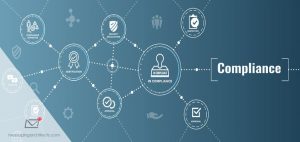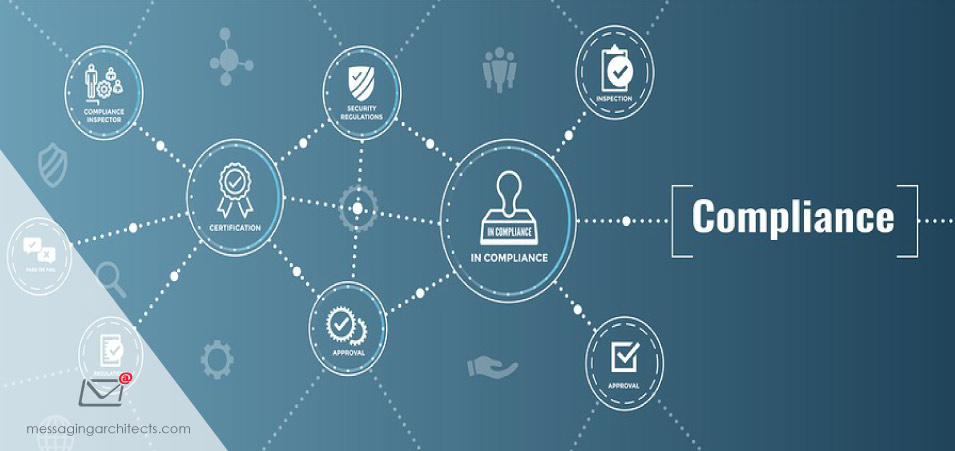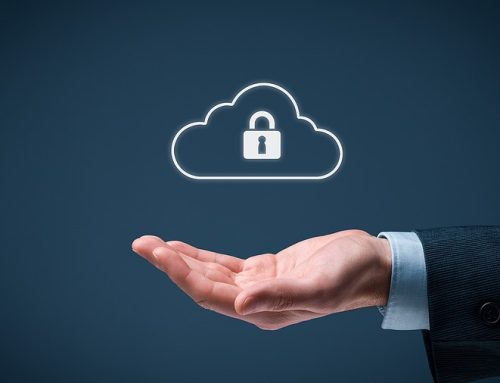Over a decade ago, your organization purchased a state-of-the-art archiving solution to help you save space and achieve regulatory compliance. But technology marched on quickly, and that legacy email archiving solution no longer meets your needs. You must decide whether to limp along with an outdated and poorly-supported product or migrate to a modern solution.
Email archiving systems like SourceOne and Enterprise Vault led the industry in 2009. But with mass migration to the cloud, these solutions quickly lost ground to more up-to-date technology. Organizations moved their email operations to nimble cloud services such as Office 365, in some cases leaving behind large email archives.
Now, faced with legacy archiving systems that have reached end-of-life or no longer provide needed functionality, organizations must make a decision. Regulatory compliance demands that they retain historical records. Should they move legacy archives to the cloud or continue to maintain existing systems, sometimes in conjunction with a cloud-based email solution?
Reasons to Stay with Your Old System
For some organizations, the control and security of an on-premises solution outweigh the benefits of cloud migration. The organization retains complete control over the data and process of archiving. Additionally, the fact that they have already purchased the hardware and software means reduced budgetary impact in the short term.
Furthermore, the prospect of migrating a massive archive can prove daunting. Incompatible technologies produce seemingly insurmountable roadblocks. And horror stories abound about the difficulties of maintaining compliance through a complex migration that can take months to achieve.

Limitations of Legacy Email Archiving Solutions
Sooner or later, the limitations of your legacy email archiving solution will prove greater than any benefits the system provides. These outdated systems cost your organization in many ways.
- Lack of technical support – Many legacy systems have reached end of life, meaning that the vendors no longer provide technical support. If you can find a consultant willing to provide the support you need, be prepared for the expense.
- Expensive Upgrades – Large legacy archive systems can consume a lot of resources and typically will require upgrading to maintain your manufacturer’s support. This can equate to considerable resources and potential cost to upgrade infrastructure.
- Inability to support today’s file types – Legacy archiving systems excelled at archiving email. Now, however, regulations require archival of information from many different sources, including social media. Likewise, archiving systems must be able to operate smoothly in a mobile environment.
- Compliance challenges – Some organizations opt to keep legacy archives in addition to a cloud email solution, thus operating a hybrid system. However, without a single information repository, eDiscovery can prove difficult and costly. In addition, legacy systems lack the functionality required for compliance with today’s complex regulations.
- Lack of storage space – With organizations producing thousands of emails each day, on-premises archives eat up space on dedicated servers. Additional storage adds line items to already stretched budgets. Even more worrisome, as archives reach their content limitations, data can become corrupted or lost.
- Limited search capabilities – Privacy regulations and eDiscovery depend on powerful search capabilities. Legacy email archiving solutions often provide just the simple search functions available a decade ago. Today’s compliance environment demands more.
Avoid the Traps
Some legacy vendors may entice you to leave your legacy systems to bring your data into their new SaaS cloud solution. The intention is to avoid the support and infrastructure costs associated with the on-premise systems. Many of these solutions impose serious restrictions or punitive charges for trying to extract your data.
While you have the data in your legacy system on site, you have ultimate control over the data. However, once moved to the cloud, you need to ensure that you avoid the trap of giving up control over the data when you transfer management and storage of the data.
Easing the Pain of Migrating Legacy Archives
The migration experts at Messaging Architects understand not only the challenges of migrating data from legacy email archiving solutions but also the advantages and disadvantages to moving it to some cloud systems. Through hundreds of legacy migrations and years of working with clients of all sizes, we have streamlined the legacy migration process.
Whether you use MXLogic, GWAVA Retain, HP Autonomy or another legacy system, we will help you extract a complete, defensible data set. We know the roadblocks, and we have the tools and expertise to overcome them. You’ll get a smooth migration to Office 365 or other workable cloud archive solution.









